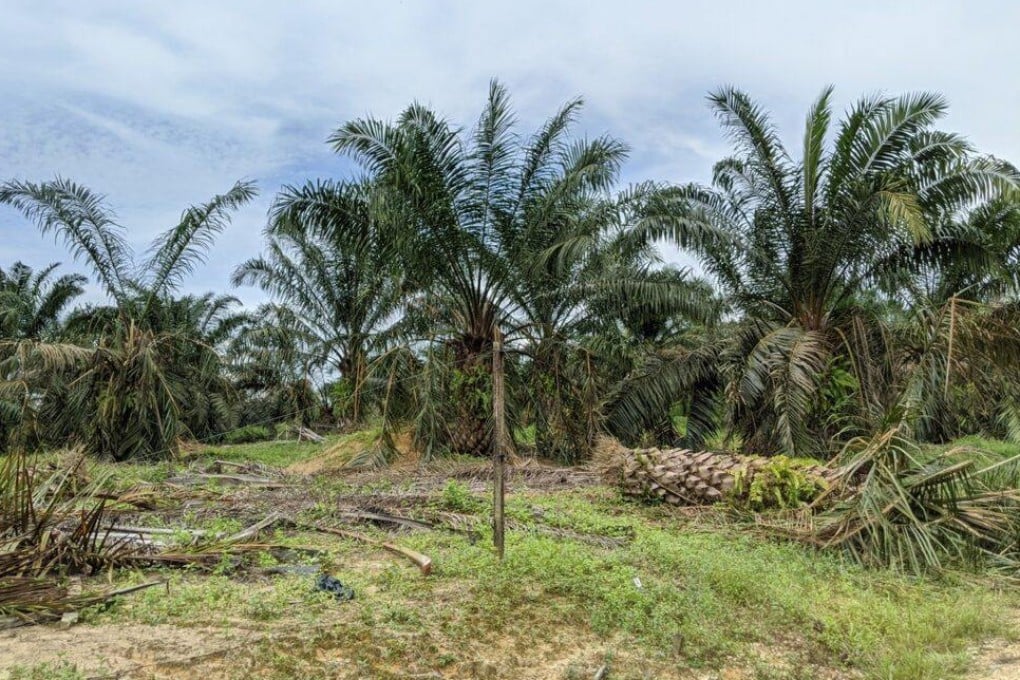In Malaysia’s Johor, forest reserves are being replaced with gold mines and palm oil plantations
- Forest reserves in northeastern Johor are shrinking due to land clearing linked to economic projects, prompting concerns over elephant-human conflicts
- Experts say the deforestation of an area with a rich biodiversity is alarming and runs counter to Malaysia’s commitment to protecting its natural heritage

Su blamed himself. Elephants had long roamed the adjacent forests in Johor, but they had stayed away from the estates for some time, so he opted not to install electric fences.
“I was careless,” said the 75-year-old, who has lived in Peninsular Malaysia’s southernmost state of Johor for most of his life. He has since abandoned his plot near the town of Jemaluang and is now looking to sell it.
Since 2016, residents in Jemaluang have faced a surge in conflicts with elephants, a trend that many blame on deforestation linked to an increase in oil palm plantations and gold mines.
Before, the nearby forests – comprising the Jemaluang and Tenggaroh forest reserves – stretched for 25 kilometres along the coast. But land clearing removed 21 per cent of the forests. Upcoming projects will shrink them by at least another 24 per cent.
Wildlife scientist Wong Ee Phin, who conducts research to improve elephant conservation, said Johor residents were concerned over “human-elephant conflict” caused by forest loss.